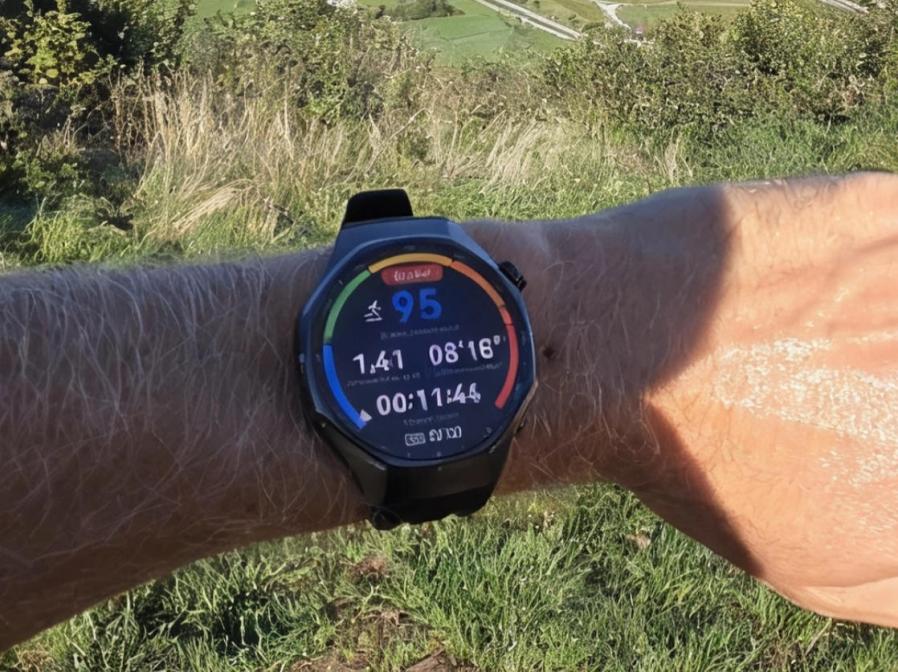Building a running routine does more than change the number on the scale—it helps you feel stronger, sharper, and more capable every day. Many people start running to lose weight, but soon discover other rewards: better mood, lower stress, and more steady energy. Running also encourages healthy habits like drinking more water, spending time outside, and moving consistently—all of which support lasting well-being. By treating running as a tool for full-body health, not a quick fix, you’re more likely to stick with it and enjoy the journey. In this article, you’ll learn how running aids weight management, boosts overall health, and fits sustainably into your life.

How Running Supports Weight Management
How Running Creates an Energy Deficit
Running helps create an energy deficit by increasing the number of calories your body uses, making it easier to manage weight when paired with balanced eating habits. A common question is, how many calories can i burn running, and this curiosity often reflects the desire to understand progress in a practical and measurable way. The exact amount varies depending on pace, distance, body weight, and effort level, but even short runs contribute meaningfully over time. What matters most is consistency, because small repeated efforts accumulate and lead to gradual, sustainable change rather than temporary results. By focusing on regular movement instead of chasing exact numbers, you can build a healthier and more relaxed relationship with exercise.
Running's Impact on Metabolism and Appetite Regulation
Running does more than burn calories—it also influences how your body uses energy throughout the day. Regular running can raise resting metabolic rate slightly, meaning your body continues using energy even when you are not exercising. Many people notice improved appetite awareness, finding it easier to recognize true hunger instead of eating from habit or stress. Running can also support better sleep, which has a significant effect on cravings and food choices. These combined effects make running a supportive tool for weight management that works with your body rather than against it.
The Cardio-Metabolic Health Advantages
Running strengthens the heart and improves circulation, helping your body deliver oxygen more efficiently and reducing strain during everyday activities. It can help lower resting heart rate, support healthier blood pressure, and improve the body's ability to regulate blood sugar. These benefits contribute to long-term health and resilience, especially for people who spend long hours sitting during workdays. Even gentle or shorter runs can provide meaningful improvements when done regularly. By focusing on steady progress, you allow your cardiovascular system to adapt comfortably and safely over time.
Designing Your Running Plan for Results
A successful running plan starts with your current fitness level and gradually increases duration and intensity to avoid injury and frustration. Many beginners find it useful to alternate intervals of running and walking, allowing the body to adapt without overwhelming fatigue. Setting realistic expectations helps you stay motivated, especially on busy weeks when shorter sessions are more practical. Tracking how you feel during and after runs can guide adjustments and make the process more enjoyable. Over time, you can increase distance, speed, or frequency based on comfort rather than pressure.
Synergy with Nutrition and Other Activities
Fueling Your Runs for Performance and Recovery
Eating balanced meals supports running by providing energy for movement and nutrients for muscle repair. Many people find they perform better with a light snack before a run, such as fruit, yogurt, or whole grains. Drinking enough water throughout the day can prevent fatigue and help you recover more comfortably after exercise. Post-run meals with protein and healthy carbohydrates support muscle rebuilding and replenish energy stores. By listening to your body's signals, you can learn what types and timing of food help you feel your best.
Why Strength Training Complements Your Running Goals
Strength training supports running by building stronger muscles that improve stability, efficiency, and power with each step. Working on the legs, core, and hips can help prevent aches and imbalances that sometimes develop with repetitive movement. Even short home sessions can make running feel easier and more comfortable, especially for beginners. Strength work also supports better posture, which can make breathing smoother during runs. Combining the two activities creates a balanced routine that enhances progress without adding excessive strain.
Building a Sustainable Habit
Avoiding Burnout and Common Injuries
Building mileage too quickly can lead to discomfort, fatigue, or loss of motivation, so gradual progression is key. Rest days are valuable because they allow your muscles and joints to recover and adapt. Paying attention to how your body feels can help you make small adjustments before minor soreness becomes a lingering issue. Varying terrain, pace, or route can keep running interesting and reduce repetitive stress. A sustainable habit grows from patience, curiosity, and kindness toward yourself rather than rigid expectations.
Tracking Progress Beyond the Scale
Progress in running can be seen in many ways, such as breathing more easily, recovering faster, or feeling more energized after a workout. Clothing may feel more comfortable, and everyday tasks may become easier even before the scale changes. Some people enjoy using data to stay motivated, and a Huawei Watch can offer helpful insights such as heart rate patterns, effort distribution, and calorie expenditure to support gradual improvement. Celebrating non-scale achievements can make the journey more rewarding and reduce pressure. When progress is measured through multiple signs of growth, running becomes a more enjoyable and meaningful part of life.

Conclusion
Running offers lasting benefits when approached with balance, patience, and an understanding of your body's needs. By focusing on how running supports your overall well-being rather than treating it as a quick solution, you create habits that fit naturally into your lifestyle. Small consistent steps lead to meaningful improvements in energy, confidence, and daily comfort. Whether you run for health, stress relief, or personal accomplishment, the journey can be both empowering and enjoyable. With the right mindset, running becomes not just an activity, but a supportive companion for lifelong wellness.
